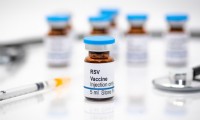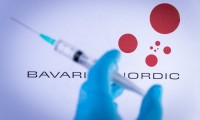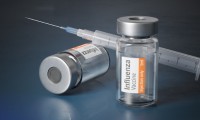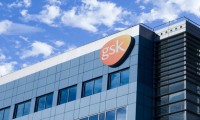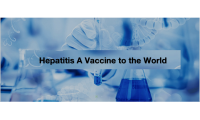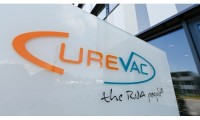-
New study finds vaccines could avert 500,000 antimicrobial resistance deaths each year
- Source: drugdu
- 107
- August 3, 2023
-
Merck, Moderna Launch Pivotal Cancer Vaccine Trial for High-Risk Melanoma
- Source: drugdu
- 142
- July 28, 2023
-
Bavarian Nordic Drops Out of RSV Vaccine Race with Phase III Flop
- Source: drugdu
- 119
- July 26, 2023
-
Bavarian Nordic Falls by RSV Vaccine Wayside After Phase III Failure
- Source: drugdu
- 114
- July 26, 2023
-
Vir’s GSK-Backed Flu Vaccine Candidate Fails Phase II Trial
- Source: drugdu
- 153
- July 25, 2023
-
GSK Returns Shigella Vaccine Candidate to LimmaTech as Drug-Resistant Cases Rise
- Source: drugdu
- 108
- July 24, 2023
-
Pfizer Group B Strep Vaccine for Infants Returns Encouraging Mid-Stage Trial Results
- Source: drugdu
- 110
- July 21, 2023
-
Pukang Biotechnology Completes Phase IV Clinical Trial of Hepatitis A Vaccine
- Source: drugdu
- 146
- July 20, 2023
-
CureVac Puts More Patent Claims on the Table in its COVID-19 Vaccine Suits Against Pfizer and BioNTech
- Source: drugdu
- 269
- July 17, 2023
-
NHS Extends Eligibility for Shingles Vaccine to Almost One Million People
- Source: drugdu
- 216
- July 15, 2023
your submission has already been received.
OK
Subscribe
Please enter a valid Email address!
Submit
The most relevant industry news & insight will be sent to you every two weeks.



